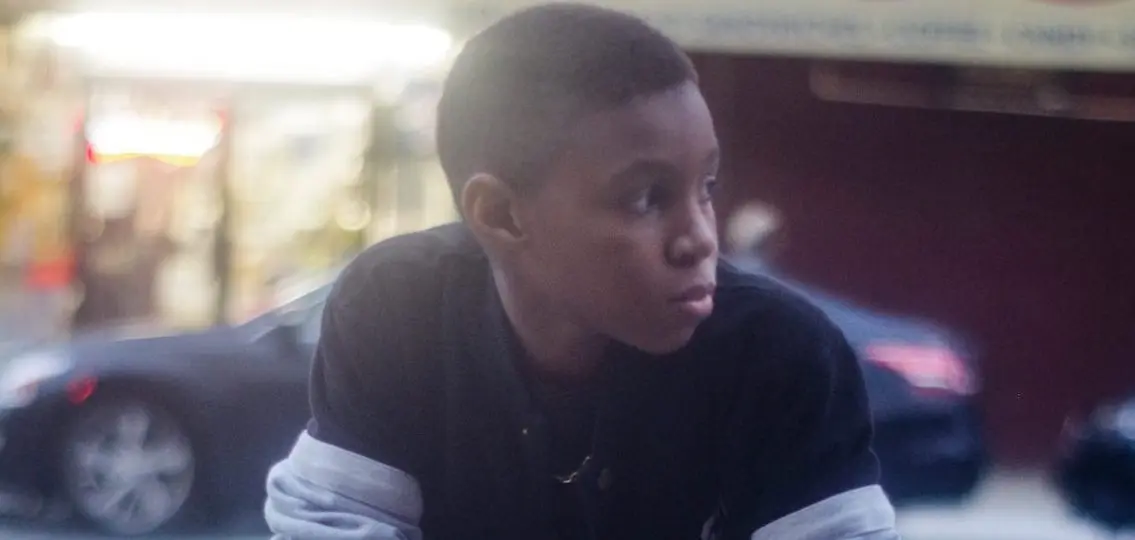When the pandemic first hit, introverts began posting on social media, “I’ve been preparing for this my whole life.” But now, as more of the population gets vaccinated and we emerge from our months of being huddled away from polite society, introverts are experiencing a new level of awkwardness.
I’m an introvert. So is my tween.

And, while this is our first pandemic, I once had to start over completely when my family moved abroad, an ocean away from friends and family. Though the circumstances were different, there were four strategies that helped me a lot. It was hard work, especially in the beginning, but I made some of my closest friends when we lived halfway around the world.
I used these four strategies again when we repatriated to a new city and state in the US. And I will continue to remember what works for me each time I move, start a new job or find myself in an unfamiliar situation—like re-emerging after a yearlong pandemic. And now I’m teaching these tips for introverts to my tween, too. Maybe these strategies will work for your teen—or you.
4 Tips for Introverts
Step 1: Say yes, then reciprocate.
As we get back out into the world, just say yes. To that invitation, club meeting, luncheon, coffee, or outdoor concert. (As long as you’re comfortable and it seems like a safe environment.)
If I had said no on my kids’ second day of international school when the “class mums” invited me for drinks that same night, I would have missed out on meeting the people who would become some of my closest friends and confidantes. Was I scared? Heck yeah, I was terrified. Did I know what I was walking into? Of course not.
Honestly, I wanted to make an excuse to get out of it. I was still jet-lagged and living out of a suitcase, but I forced myself to go.
Sure, not every invitation turned out so well, not even close. But with this tip for introverts in mind, I remind my teens that you don’t know whether you’ll have fun unless you suck it up and give it a go.
Then, if they have a decent time with that person or group, I tell them to always reciprocate. I figure, if someone is bold enough to invite me somewhere, I can do the same. This usually brings on a flurry of invitations and social obligations all at once. And, yes, it can be exhausting.
The beauty is, after a couple of get-togethers, you can decide who you really have a connection with and which friendships you want to foster and which will drift into casual acquaintances. But in the beginning, even if you don’t feel like it, suck it up and say, “yes.” You can always say “no” later.
Step 2: Help out.
I’m a bit socially awkward, so I counter that by keeping my hands busy and helping out. Filling drinks, helping in the kitchen, clearing the table, holding babies, giving the dog a belly rub, organizing games. This tip for introverts takes the pressure off having to make small talk—and people generally appreciate having an extra set of helping hands around.
More formal volunteer work is another way to put yourself out there, while still keeping your hands busy.
In the Netherlands, I had the best volunteer job: helping in the school library. I love books and kids, and this volunteer job became my happy place, as well as a great opportunity to meet like-minded folks who became closest friends.
If you like the outdoors, consider helping a local conservation club or your parks department. Likewise, college and high school students can seek out causes important to them. Or you can reach out to your church or local civic groups for projects that speak to you and your family.
Step 3: Show up.
The city-wide sing-along. The holiday parade. The annual light show. The school concert. The class parents’ meeting. The presentation at school.
Get out there!
No, it’s not always easy. But when we moved to Europe, I tried to attend everything. Kind of like my first rule, but this one applies to broader happenings in our community. Just go. If you don’t like it, you don’t go again. Sure, it was easier to hole up in my house but I generally find that if I give myself the kick in the pants to go to things, I’m usually glad I did.
Well, except that haunted walk where the smoke machine made me sick and the mud ruined my shoes. But in most cases, I was glad I went.
After being home for a year, it might take extra effort to get out there. Do it anyway.
Step 4: Find common ground.
My last little trick, which really isn’t a trick but more a way to fight awkwardness, is to find common ground. As a journalist, I tend to ask a question or two to start a conversation. (And then I have to resist the urge to actually interview the unsuspecting subject and instead let the conversation flow naturally.) Asking questions is a great tip for introverts as well.
Hey, your kids also go to this school (or play this sport or attend this camp)! What do you think of the new playground/Spanish curriculum/uniforms? Or the tech ed teachers? Do you think they’re assigning too much homework? How does this compare to your previous school/activity?
Hey, we’re both at a pub quiz! Have you been here before? Do you think the questions are especially hard tonight? Did you get the one right about the Super Bowl or Mexican president?
Once you find that common ground, it’s natural to start a conversation and to build a feeling of togetherness. Or, if it’s just not happening, you can always excuse yourself or move back to Step 2 by offering to help them with something, like ordering a drink or fetching a menu, or looking up the name of that haircut place you liked or that pancake restaurant, or sharing a link for the new ACT prep class everyone’s talking about.

As an introvert, it’s going to be tough to get out there again, especially in this strange world where everyone’s social skills are a bit rusty. But by strategically making an effort to say yes, help out, show up, and find common ground, it will make the experience a whole lot easier for my introverted tween—and for me.




